With these tips you can get off to a successful start in 2022!
For many e-commerce shops and agencies, search engine optimization (SEO) is an important and significant tool.
Through targeted, long-term search engine optimization, your website can rank as high as possible in Google's search engine rankings and generate the greatest possible added value. SEO optimization is divided into on-page SEO and off-page SEO.
In on-page SEO, which refers to the direct implementation of measures on and within a website, key metrics such as click-through rate, page traffic, bounce rate, and dwell time are crucial. These metrics can then be used to measure and evaluate the success of the optimization.
Off-page SEO optimization, on the other hand, focuses on link building, especially high-quality backlinks, in order to generate sufficient traffic.
SEO optimization is by no means rocket science. I'll show you 10 secret agency tricks for your search engine optimization that will help you achieve SEO success!

Tip 1: Manage title links and snippets in search results
Formulate your title text so that it sounds natural and effectively conveys information about your website. Following the motto "Keep it short and simple," your titles should be short and informative. You should also use carefully selected keywords.
Make sure that each subpage of your website has a unique title, making it easier for visitors and Google to recognize it. Duplicate or multiple titles on pages of your website will negatively impact rankings.
Tip 2: Use meta description tag
Write a meta description that sounds informative and interesting to users. There's no set minimum or maximum number of words, so it takes some skill to perfectly summarize your page's content.
Again, use clear descriptions for your pages and make sure they don't appear multiple times.
You should also avoid the following mistakes:
- general phrases like "This is a website for..." or "Page about jewelry"
- meta descriptions consisting only of keywords
- Meta descriptions that include the complete content of the page
Tip 3: Use heading tags to highlight important text
Good structuring helps you highlight important information and create an outline. Keep in mind that sometimes less is more: Consider when it's helpful and appropriate to use heading tags. Headings should be a reasonable length and perfectly break up your page to make it more readable for users.
Tip 4: Create a simple navigation page for users
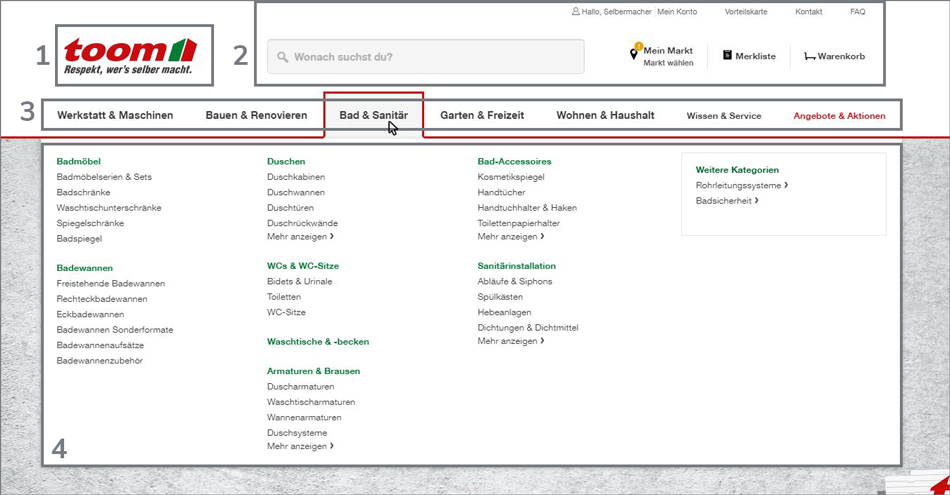
Tip 5: URLs are displayed in search results
The structure and length of your URLs are also crucial for your ranking on Google. Therefore, avoid long URLs and choose appropriate keywords.
Set up a directory structure that makes it easier for visitors to navigate your website. Avoid nested URLs, as users can quickly lose track.
Tip 6: Know what readers want – and give it to them
When writing text that will be visible on your website, make sure it's easy to read. Your content should be well-written and understandable. Also, ensure your topics are clearly organized and as individual and up-to-date as possible.
You should avoid the following mistakes:
- Spelling and grammatical errors
- embarrassing or poorly written content
- excessive number of images or videos
- large amounts of text without paragraphs, subheadings or layout separations
Tip 7: Use links wisely
Meaningful text encourages users to stay on your website longer. Therefore, keep anchor text short and concise, relevant to the topic, and avoid using excessive keywords. Make it easy for visitors to distinguish between regular text and the anchor text of links. If users miss the links or click on them accidentally, this reduces the usefulness of your content.
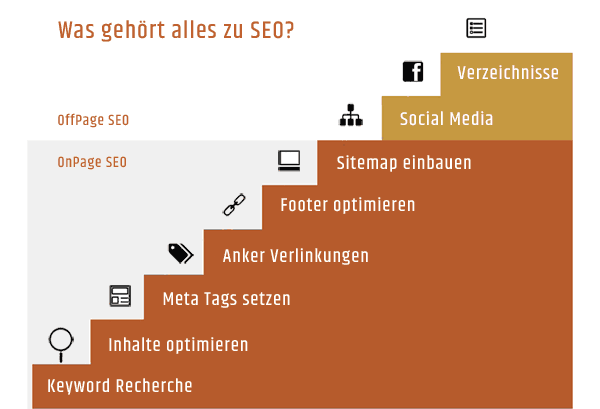
Tip 8: Use HTML images
Semantic HTML markup helps crawlers find and process images, so use the HTML element or
Using the loading="lazy" attribute for images can reduce your page's loading time for users and improve your ranking on Google. File names should be short and concise, and avoid generic filenames like image1.jpg, pic.gif, and 1.jpg.
Tip 9: Link building
Backlinks play a key role in generating more traffic to your website and ultimately achieving higher search engine rankings. Link building is more about the quality of links than the quantity. Avoid spamming backlinks; this lowers your rankings and, if done frequently and with great conspicuousness, can result in penalties from search engines.

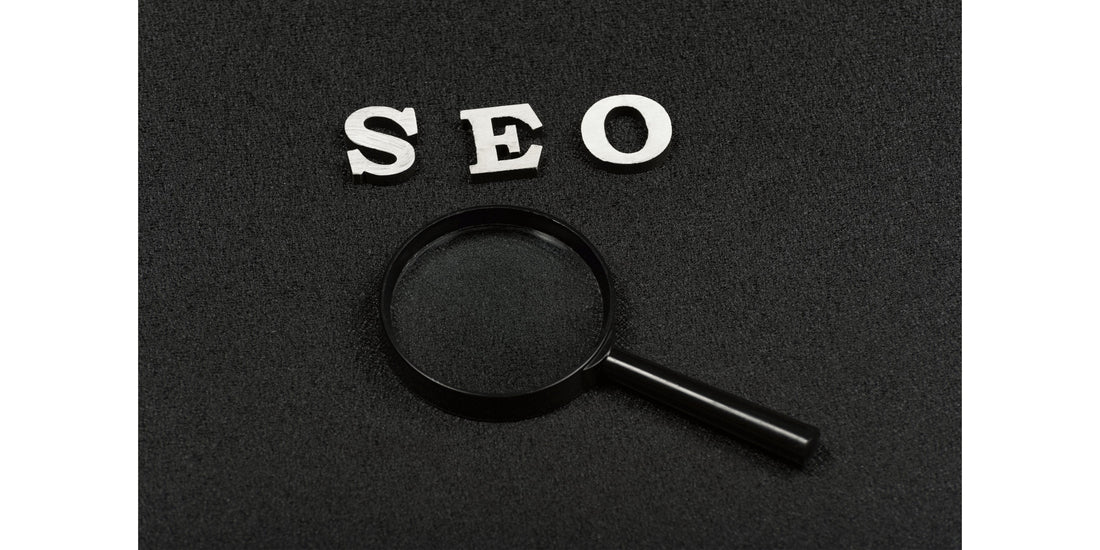
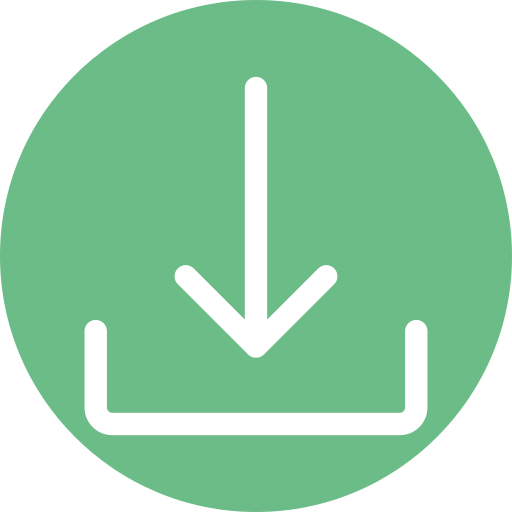
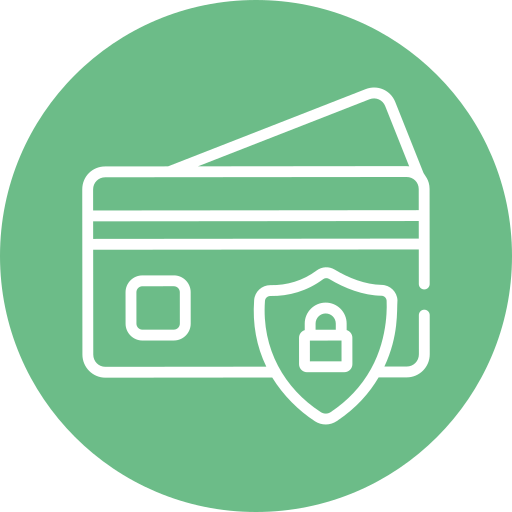
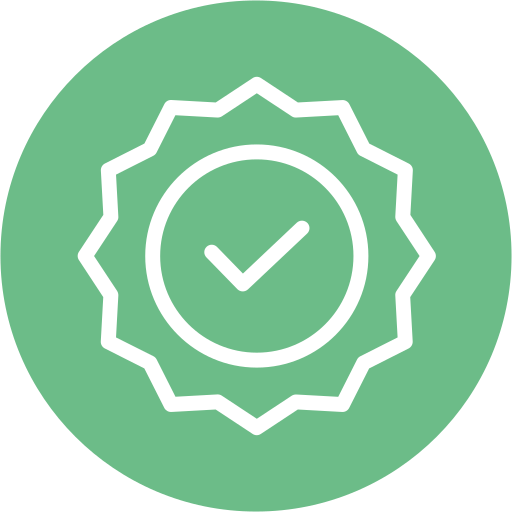
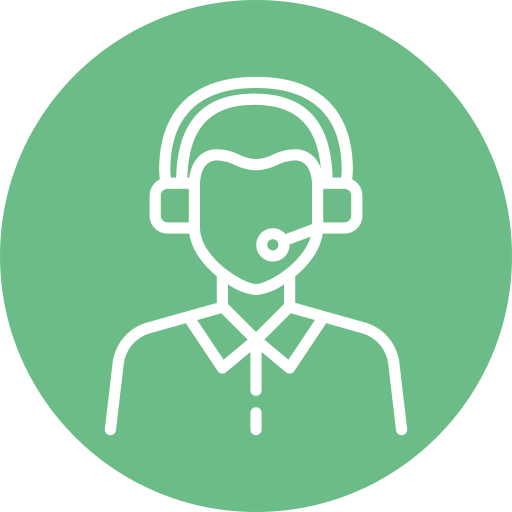
1 comment
Sehr guter Beitrag! Vielen Dank!
Wir von https://www.ideen-kosmos.de/
schreiben auch über diese Themen. Es ist erstaunend wie sich Online Marketing und SEO im Wandel befindet.